At a time when European societies have never been so pressured and polarised in the context of the post-pandemic, the Ukrainian crisis and climate change, it is important to highlight the key role of European youth in building a better future. With political participation declining in Europe, especially among young people, promoting the fundamental values of the EU to the younger generation and providing them with tools to become active citizens is an important part of youth work.
As young people are the European citizens of tomorrow, it is important that they make their voices heard and take part in decisions that will have an impact on their lives. They can be major actors of change in the political, social, economic or environmental fields. They are often the first to come forward as active citizens, willing to change, bringing different perspectives and new ideas for a better and more inclusive society. But they often miss out on the opportunities offered by the EU and their participation in democratic processes is limited by the barriers they face and by a lack of knowledge about how the Union works, as well as by limited media literacy and critical thinking skills.
In this context, from 23 April to 1 May 2022, representatives of the Intercultural Dialogue Platform and Fedactio participated in a one-week training on “Promoting Active Citizenship through Youth Work”, in the framework of the Erasmus+ funded CIVITAS project. The training took place in Zadar, Croatia, and was hosted by Udruga Prizma, an association that actively works with young people and youth workers in different cities and regions of Croatia. The host organisation provided a safe and welcoming space for the 24 participants to interact with each other and share their experiences, knowledge and views.
The general objective of the CIVITAS project is to increase the quality of the youth work of the partner organisations in promoting active citizenship, while focusing on non-formal education methods. The CIVITAS programme has also 3 specific objectives:
- increasing youth workers’ knowledge related to the Union’s functioning, common EU values, and fundamental rights
- increasing youth workers’ knowledge, competences and skills related to promoting media literacy and critical thinking among youth
- exchanging experiences of participating organisations on how to use non-formal education in promoting active citizenship among youth.
In total, 8 countries, including Croatia, were involved in the training: Ottovolante from Italy, an association dedicated to the promotion of art and in particular young artists; Mitra France, an NGO working on critical thinking and media literacy; Arco Forum, a civil society organisation from Spain dedicated to intercultural and interreligious dialogue; Teatro de la Metafora, an association from Portugal working on the promotion of theatre among young people; IDEIS, an organisation from the Netherlands working on inter-religious dialogue among young newcomers; Forum Dialog, an association from Germany dedicated to intercultural and interfaith dialogue; IDP and Fedactio, civil society representatives from Belgium, working on intercultural dialogue, youth engagement, inclusion and harmonious coexistence in European societies.
The different sessions of the CIVITAS training provided comprehensive information on the EU institutions, their roles and functioning, the fundamental values of the EU and their importance, as the partner organisations seem to be unanimous on the fact that young people can become more active citizens if they acquire better knowledge about the EU, in particular about the functioning of the Union, its fundamental values and its cultural heritage. In addition to being informative, the sessions were very interactive and allowed participants to point out current challenges and exchange on different situations related to the implementation of EU fundamental rights and values, such as human dignity, freedom, democracy, equality, rule of law and human rights in EU countries.
Intense discussions were held on societal issues such as homelessness, the fight against poverty, political extraditions, freedom of the press and attacks on journalists, the place of religions in modern societies, access to education. Similarly, participants debated the importance of voting, the universality (or not) of the EU values, the concepts of equality and equity, the role of non-discrimination policies, ways to reform electoral systems and stimulate political participation.
Considering that democracies rely on informed and educated citizens and given the unprecedented amount of information people are exposed to today via the media, the internet and social networks, particular sessions were dedicated to sharing media literacy and critical thinking tools. The interactive workshops provided useful and easy-to-implement methods and activities for developing critical thinking skills in young people and recognising cognitive biases and fallacies. As the participants pointed out, when they have critical thinking skills, young people are aware of the stereotypes, biases and hidden motives of the producers of political and media discourse and can develop their own mental strategies to counter fake news and disinformation.
The training took place in a friendly atmosphere facilitated by the social interaction between the different organisations involved. Each participant had the opportunity to contribute to the sessions in several ways. Everyone was invited to share information about their country’s cultural heritage and to present the objectives and activities of their organisation. Throughout the training, regardless of cultural differences, or even different action areas, a sense of unity prevailed among the participants, which strengthened everyone’s European identity and identification with the EU’s core values. Participants stated that it was very useful to meet new people from different countries working with youth, to learn and share good practices adapted to local needs, to strengthen a network of civil society organisations from several EU countries opening new possibilities for collaboration in different projects.
Participants expressed their conviction that such training should take place as often as possible so that youth workers can provide young people with skills and tools for active citizenship which can, in turn, help them to strengthen their European identity, boost their employability, increase their sense of initiative and self-esteem and enhance their intercultural awareness.
The EU has declared 2022 the European Year of Youth in recognition of the sacrifices made by young people during the pandemic. This is an important step in recognising the expectations, rights and needs of young people. Moreover, with their ability to bring new and innovative perspectives and initiate change, young people are the key actors capable of protecting the EU’s core values and achieving its objectives. Unfortunately, they are often marginalised and their voices are silenced or simply not heard. Bringing about real change requires the mobilisation of civil society organisations that specifically help young people where they need it most, supporting them and helping them to become active citizens. Last but not least, we need to convince them that they are never too young to change the world.

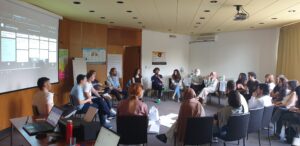
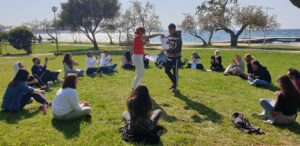
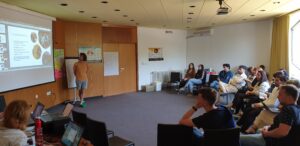
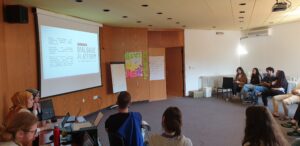
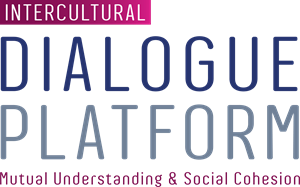
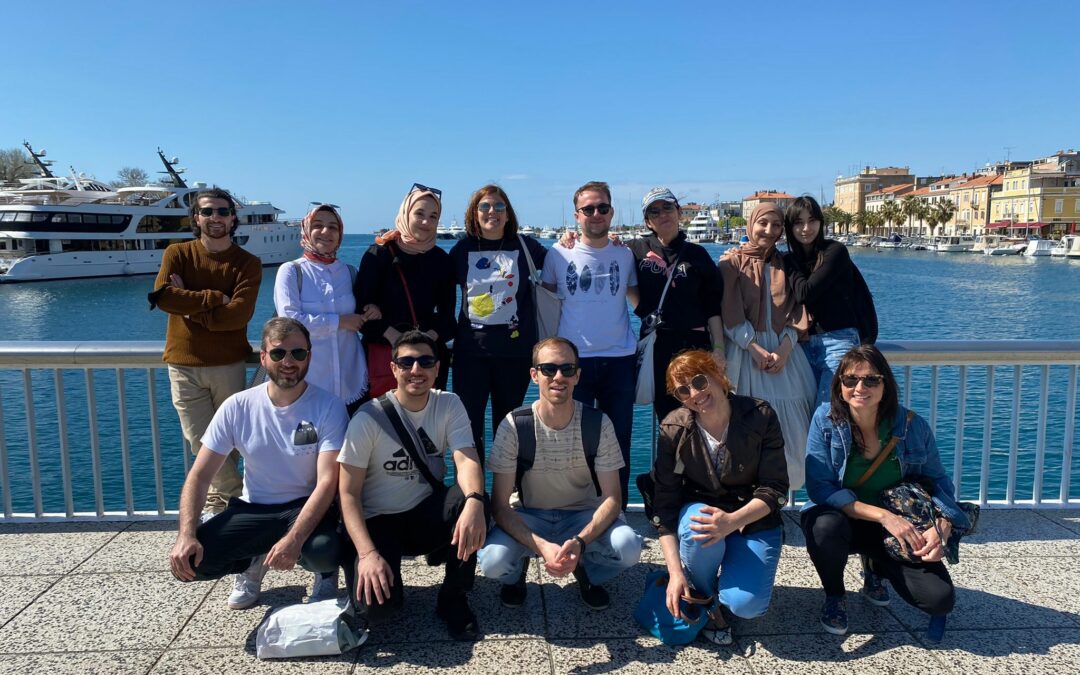
Recent Comments